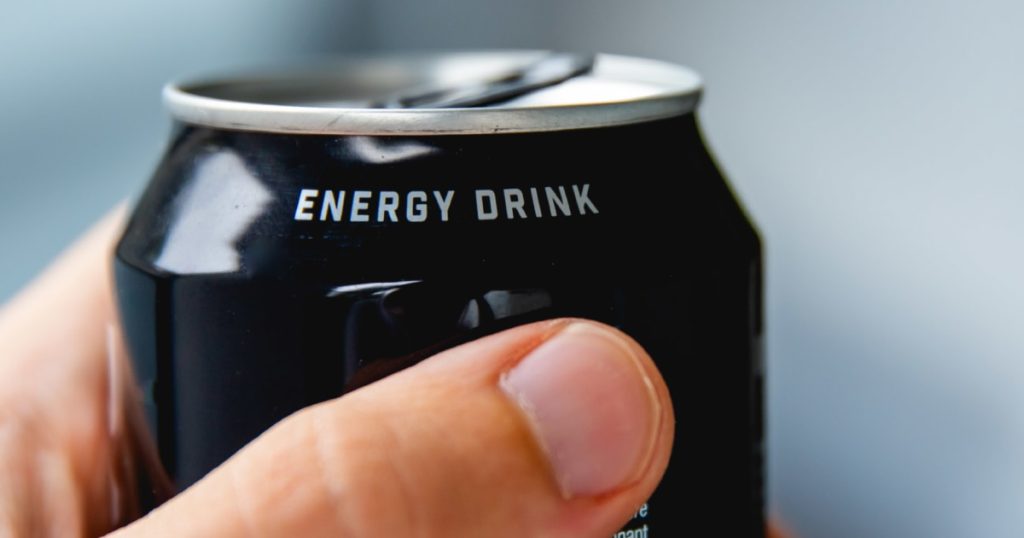Sipping on energy drinks may seem like a quick way to boost energy, but concerns over health impacts are causing experts to urge caution. From rising diabetes rates to emergency room visits, the risks associated with energy drink consumption are real and dangerous. Mixing energy drinks with alcohol can be particularly harmful, as it can mask the effects of alcohol and lead to excessive consumption, according to Dr. Frank Hu, a professor of nutrition and epidemiology at Harvard Medicine School of Public Health.
Many energy drinks contain high levels of caffeine and sugar, posing potential health risks. Hu warns that high caffeine intake can disrupt sleep, contribute to insomnia, and exacerbate mental health issues. While the FDA considers up to 400 milligrams of caffeine a day safe for most adults, a single energy drink typically contains at least 400 to 500 milligrams of caffeine. Additionally, the combination of caffeine with other stimulants found in some energy drinks can increase the risk of health issues, such as a cardiac event, leading to emergency room visits.
In addition to caffeine, experts highlight the significant issue of the high sugar content in many energy drinks. Excessive sugar intake can contribute to overweight, obesity, Type 2 diabetes, heart problems, and high triglycerides. Furthermore, sugar-free energy drinks often contain artificial sweeteners that are not recommended for heart health due to their association with increased blood-clotting risk. Are there any healthy energy drinks available? The experts all suggest opting for healthier alternatives or minimizing health risks when purchasing an energy drink.
When choosing an energy drink, it is important to look at the ingredient labels to determine the caffeine and sugar levels. It is recommended to choose drinks within the FDA’s recommended intake levels: 400 milligrams of caffeine or less and no more than 10% of daily calories from added sugar. Additionally, be cautious with drinks containing guarana, as it has natural caffeine that may not be included in the total caffeine amount listed on labels, potentially leading consumers to exceed their perceived safe caffeine intake limits.
Healthy energy drink alternatives include natural sources of caffeine such as coffee, tea, dark chocolate, and energy-boosting foods like oats, spinach, nuts, whole grains, and peanut butter. It is essential to examine your overall lifestyle if you find yourself regularly relying on energy drinks for a boost. Addressing underlying factors such as lack of quality sleep, dehydration, stress, or poorly managed blood sugar may be more effective in the long term for improving energy levels than relying on energy drinks as a temporary solution. By making healthier choices and addressing lifestyle factors, it is possible to boost energy levels without resorting to potentially harmful energy drinks.


